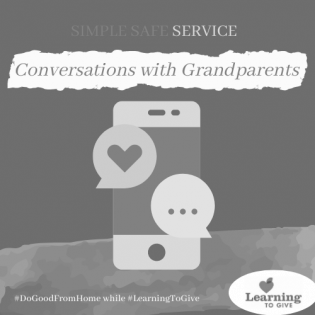We examine the Core Values of American Democracy and discuss their importance and where we are exposed to them and practice them throughout life.
Filter by subjects:
Filter by grades:
Filter by audience:
Filter by issue area:
Filter by content type:
Filter by resource type:
resource search
This secondary lesson explains what the U.S. Census is and why it is important for everyone. Every ten years, we count everyone who is living in the U.S., from babies to the oldest people. This gives our government a clear idea of who is using services and where we have growth or decrease in...
We learn about Elizabeth Cady Stanton and her leadership of the woman's suffrage movement. At the time it was hard for some people to see that women deserved equality or that change was possible, but her persistence and organization techniques helped raise awareness and involvement....
"Freedom songs" were an important motivating force during the Civil Rights Movement, 1954-1968. Through music we explore the important figures in the Civil Rights Movement and their contribution to the common good.
Music may bring joy or it may help people reflect on their feelings. The "freedom songs" may have motivated the Civil Rights activists as they sought to aid the common good, and we can bring music to someone in the community as a gift of generosity and inspiration.
The lesson provides learners with an opportunity to explore ways to become a hero for animals by promoting animal welfare and humane treatment of animals. Learners identify a local, state, national or international animal welfare cause and develop a personal service/advocacy plan, using the...
Philanthropy is about generosity in all its many forms, commonly referred to as gifts of “time, talent, and treasure.” For this activity, you will learn how people can combine these gifts for even greater impact.
A Simple Safe Service project from home: Interview a grandparent or elderly friend to find out what they did for fun when they were young, and how it is the same and different than you. Follow your phone or video interview with a card in the mail. Or make friendly door hangers to donate to a local home for senior residents.
In this activity participants learn through physical experience how people are involved in communities and introduce the idea of “holding in trust” through a physical activity.
George Washington Carver was a teacher, agricultural scientist and inventor who served Tuskegee Institute in Alabama for forty-seven years. He made many contributions to the world and the environment, including developing revolutionary crop rotation theory that helped conserve land from overuse. He educated and empowered farmers in agricultural techniques, particularly in the American South and founded the Carver Research Foundation.

